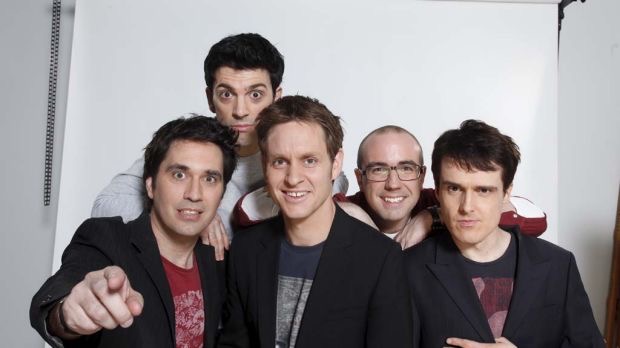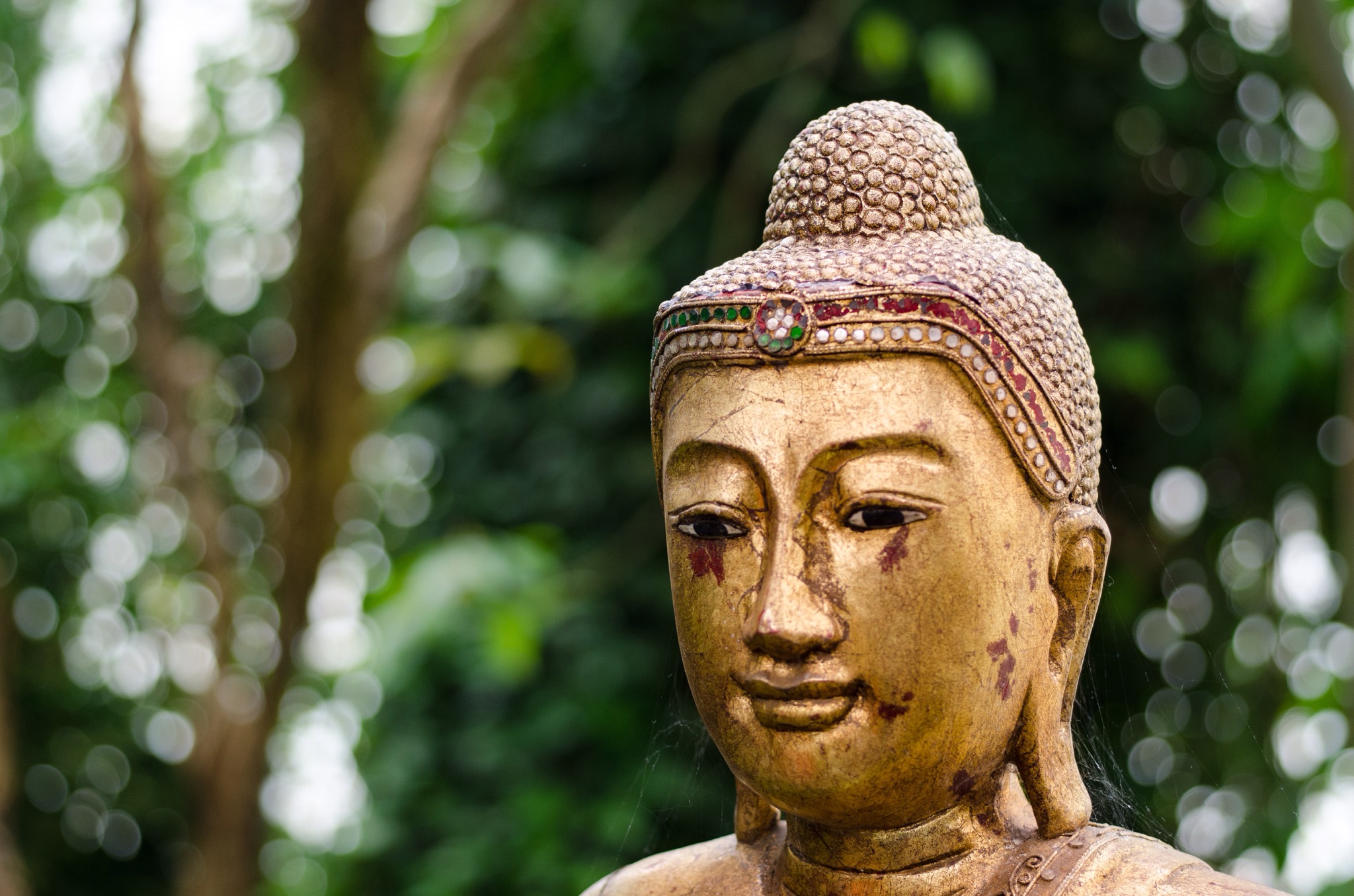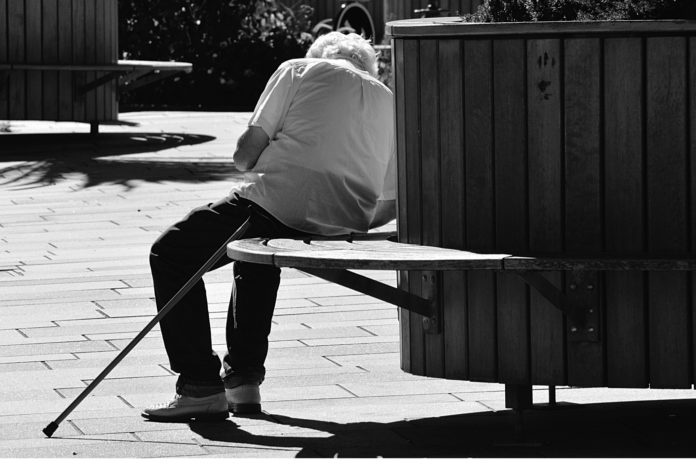From an anonymous contributor
Euthanasia is wrong. However, many Australians have a mechanistic view of human life, and therefore are in favour of euthanasia. If an old geezer is suffering a lot and would rather speed up his inevitable appointment with the grim reaper, then why not help him along? After all, he’s just gonna die anyway. What reason does he have to hang around?
Our opponents are in favour of euthanasia/physician assisted suicide. They are keen to make it as easy as possible for sick, sad and/or old people to die quicker. (If they want. No pressure, grandma. None at all.)
Meanwhile in the Northern Territory, some are annoyed that NT Government no longer possesses the authority to legalise euthanasia/physician assisted suicide, as it did for a short while back in the 90s. That right was taken away by an Act of Federal Government. The NT Government recently called on the Federal Government to change the law to let them start killing off codgers again. Or anyone over 18 who qualifies, apparently. The Senate declined this time, but euthanasia supporters are not giving up.
One term which gets used a lot is ‘dying with dignity’. On the surface it sounds very reasonable. Who wouldn’t want more dignity?
The phrase ‘dying with dignity’ is alliterative, and therefore catchy. (Kind of like ‘killing off codgers’.) It’s supposed to stay in your memory, even though the meaning of ‘dignity’ is somewhat unclear. We at least know that it’s something to be desired. So the phrase ‘dying with dignity’ is a both a bit unclear but also clever and emotive.
Before I really started looking into this, I didn’t think that image of a senior citizen being hooked up to some machine and being poisoned to death seemed very dignified. It seemed sad, cold, and bureaucratic. It also seemed likely, if euthanasia were to become legal and socially acceptable, that the elderly would feel more pressure to die in order to relieve the burden on their families. How is that dignified?
What is dignity, anyway? My first edition Macquarie Dictionary, from the early 80s back before the Mac Dick lost some of its credibility, gives these definitions: 1. nobility of manner or style; stateliness; gravity. 2. nobleness or elevation of mind; worthiness. 3. honourable place; elevated rank. 4. relative standing; rank.
Enduring suffering despite a terminal illness seems pretty darned dignified to me. You wouldn’t want to do it, but you’ve got to hand it to those that do.
Enduring suffering can be dignified. But can escaping suffering by killing yourself also be dignified? If one thinks, ‘Death is not just going to take me! I shall choose when to die!’ then one might also think that it is dignified to be poisoned on a bed because you don’t want to live anymore.
When it comes to supposedly ‘dignified’ deaths, one which comes to my mind is the death of the last Byzantine emperor, Constantine XI. After defending the last remnant of an erstwhile proud, rich and vast empire during a long siege, Turkish invader Mehmet II finally breached the walls of Constantinople with the largest cannon that had ever been cast. The Turks swarmed in and it was down to street fighting. The emperor supposedly flung off his imperial purple robe, drew his sword, and, now unidentified, charged into the melee never to be seen again.

It sounds dignified. And maybe that thought cheered Constantine and he hacked into Ottoman janissaries. The end result was still a crumpled, bloodied, unidentified corpse, an imperial purple robe trampled in the dust by invaders, a fallen city, and a lost empire.

The big difference between Constantine’s suicidal charge and physician assisted suicide is that an assisted-suicide patient wants to give up, whereas Constantine fought till the end. Imagine the difference if Constantine, seeing the invading army entering his city, had swallowed poison in a cosy room up in his palace, with his purple robe hung neatly in a corner. What would our image be of him them?
Dignity depends on your point of view and the circumstances. A lot of it is superficial, maybe all of it. Take the Queen. She has a lot of dignity, but isn’t she also just a germ-laden bag of meat, blood and guts with a tiara? Isn’t she just some chick with a made-up title putting on airs? What is physician assisted suicide? Is it a noble act, an affront to pain, freely chosen? Or is it an affront to the sanctity and dignity of human life?
It’s too subjective. Therefore, let’s not ask whether euthanasia is dignified. Let’s ask whether it is right.
Soylent Green is a 1973 science fiction film with a famous euthanasia scene. An old man, Sol, decides he does not want to live anymore, so he heads to the local euthanasia centre. The centre is some kind of government service. It looks like Centrelink, though the lighting and palette is cheerier, and the staff is friendlier. No tattooed women in polo shirts here.
This may not be far from what advocates imagine publicly-acceptable euthanasia might look like in real life. If you want to die, you go to a place and fill in a form. No questions asked. No queues even. A nice-looking girl opens the door for you and welcomes you in with a smile. There are friendly, supportive people to help you once you’re inside. Nobody hassles you and there are no pesky Christians with placards outside trying to get you to reconsider your decision (they are probably out of sight, 500 meters away). Everything is made as comfortable as possible for you. Your last wishes are respected. You die with a smile, and all the cleaning up is done by people who are not grieving family members.
Even so, this scene seems chilling. A key moment is the close-up of the hand pressing the button. It bluntly reminds us that this whole ceremony is all just a show. Despite the euthanasia depicted being about as ‘dignified’ as it can seem, it still feels wrong. The superficiality of the ceremony reinforces the feeling of wrongness. The ironic juxtaposition of the joyful, beautiful music with the murder of a human being by bureaucrats is frankly nauseating. Any ‘dignity’ is an illusion.
Ah, but he was gonna die anyway. He was an old man. He was suffering. He freely made his choice. Why you gotta make a big thing about it?
You might remember the comedy team The Chaser. For a while they were The Shit. Then something happened and they were just shit. They made a joke about the Make-a-Wish foundation, who go around offering a little lightness to terminally ill children to ease their burdens. The Chaser thought they would be edgy, so they finished their skit by remarking that the children were “just going to die anyway.”

People really hated this skit. Many said it was cruel to make that kind of joke at the expense of terminally ill children. It was, but there’s more to it than that. The Chaser’s joke revealed something that no one usually wants to think or talk about: that we are all ‘just going to die anyway’ and our lives seem pointless.
Whether they admit it or not, many people are terrified of the futility of their lives and the certainty of their deaths. Our opponents are especially fearful, because they are quite often atheists. Beyond this material world there is nothing to sustain an atheist. “Therefore give us a basic wage and arts grants and the dole and a cushy public service job and free health care and unlimited, consequence-free sex, and abortions, and free contraceptives, and drugs, and nice food; let us never feel guilty for any of it, and let us while away our ultimately meaningless days in comfort and pleasure,” they imply. Or more succinctly, “Let us eat and drink, for tomorrow we die.”
This is also why atheists often seem angry. Anger is often a mask for fear.

Before he became known as Buddha and he was a prince in a luxurious palace spending his days eating and drinking in comfort and pleasure, Siddhartha Gautama saw three things at a crossroads on three separate days. He saw a sick man, then he saw an old man, and then he saw a dead man. He thus realized that one may not escape illness, aging and death. From this realization originated the so-called ‘first noble truth’ of Buddhism: all life is suffering. Sometimes the first noble truth is translated something like, ‘this world is incapable of satisfying us’. The ultimate unsatisfactoriness of this world is a primary reason why there is so much depression and narcotics use in our rich, abundant country.
Jesus Christ’s view is similar. He tells his followers not to try to satisfy themselves with ordinary bread, in other words the impermanent things of this world. After eating it you will always eventually be hungry again. You will never be permanently satisfied. To do that, he said that one ought to feast on the Bread of Life instead.
By killing himself, a man may be able to shorten his suffering. But can he avoid his fear of dying? Can he take away the fear, suffering and bereavement of his loved ones? Besides, if that’s his attitude to hardship, why bother doing anything in life? Isn’t it all just a waste of time at the end of it?
Well, that world view sucks. It’s not right. Maybe you see it differently. I wonder, though. Say euthanasia and physician assisted suicide becomes legal in every state and territory in the country, and after a generation or so people are over their hang ups about it. People think about it the way they think of abortion, now — that it’s just a ‘health’ matter (to quote the Queensland Premier Annastacia Palaszczuk). Say you get depressed. If you ring up Beyond Blue, are they going to start talking about euthanasia ‘as an option’?
Well, why wouldn’t they?
One thing I have noticed about the euthanasia supporters is that a great deal of them are women who had to look after dying parents. They often have emotional arguments to back up their cases. “My mother was in such pain, it broke my heart to see her suffer! Why couldn’t she just have been freed from that pain?”
It seems as though these women are unhappy not because their elderly parents are in pain, but because the women themselves must endure the burden of their dying parent. That is the argument for abortion, after all — that a woman should not have to carry a child in her womb, as it is too much of a burden. How can we know what is really upsetting these women? Moreover, what man will call out a crying woman on this?
Our opponents don’t want euthanasia because it is good. They want it because they are afraid of suffering, of being burdened, and of death. They will dress it up with words like ‘dignity’, ‘freedom’ and ‘choice’, and they will cry and get angry and say ‘you can’t understand until you’ve experienced it’ until the time comes when our values change, as they have about other things. When euthanasia is made legal, the value of human life will have been cheapened yet again. Is this desirable?
But… so what, one might say. Have a look at some of the comments under that Youtube clip of Soylent Green. There are plenty of people who support euthanasia and find the scene positive or touching, despite the film’s apparently clear stance against it: “We should only HOPE that our own euthanasia would be this pleasant.” “Beautiful. If only euthanasia/suicide was that easy and comfortable in the real world.” “It’s so strange to me how most people find this scenario disturbing. I hope there are places like this when I reach a point in life when I decided to go. It seems very humane to me.”
It is hard to convince people who think that way that euthanasia is wrong. Therefore to finish up, I will ask two simple questions.
1.) Imagine two suffering cancer patients, both stage 4, both in their 20s, both told by their doctors that they have six months to live. The first refuses to give up, fights on, endures his suffering with courage and a smile, and is determined to live the rest of his life as best as he can. The other complains about how hard it is to get Phenobarbital in Australia, goes on TV to talk mournfully about how much he is suffering, tells us repeatedly that we can’t understand what he’s going through, and has Philip Nitschke’s private phone number. Which one would you rather hang out with?
2.) Imagine you’ve been hired by the Government to go to primary schools to explain and justify euthanasia to children who know nothing about it. It’s a fully legal ‘health’ matter, after all. How do you expect the children to respond when you tell them that their grandparents ought to be given poison by the Government if they don’t want to live anymore?










